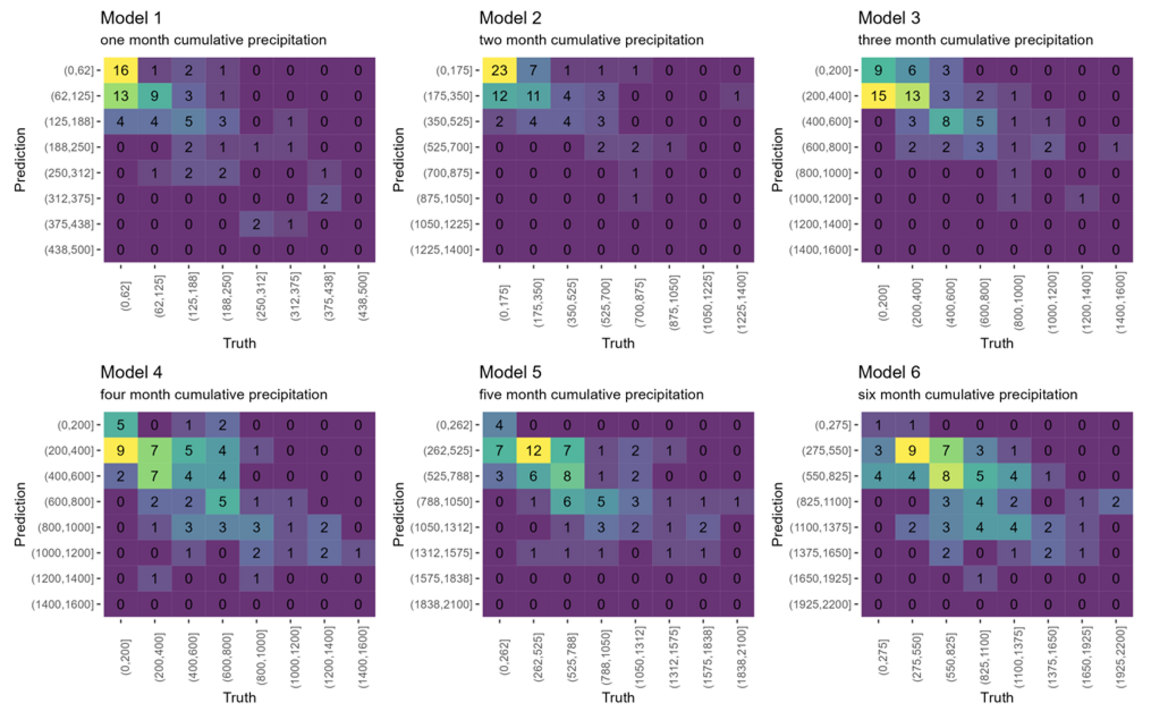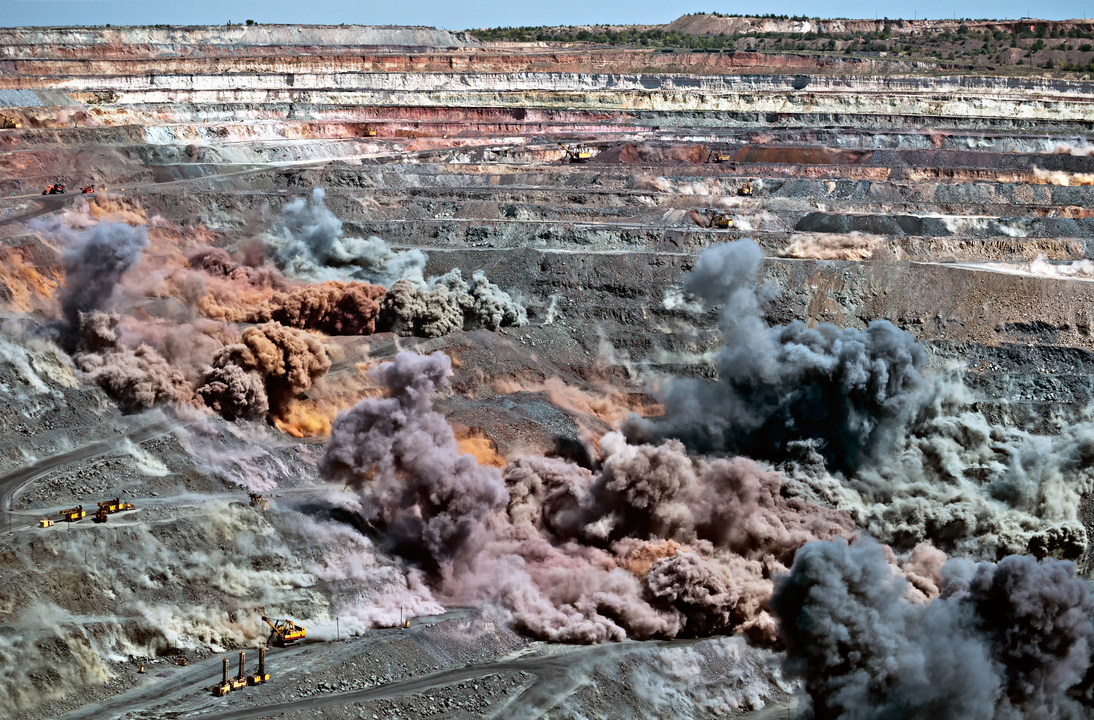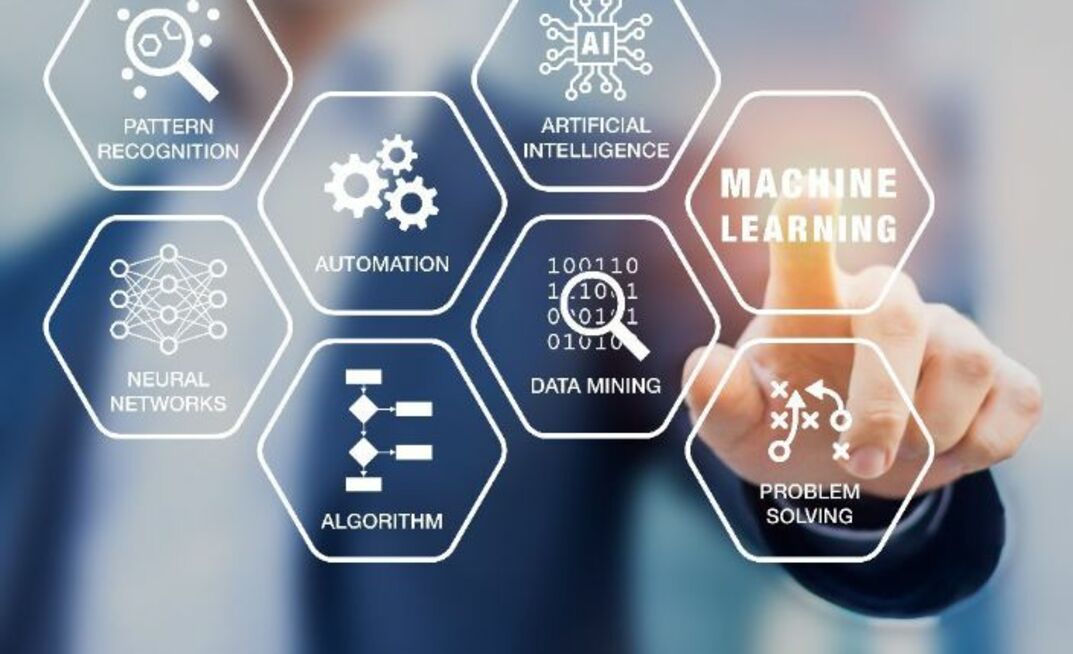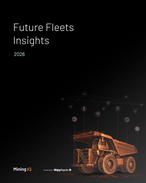SRK Consulting services to mining companies increasingly involve machine learning, AI and big data as the industry moves towards ever more automated mines.
Water resource and earthquake engineering are two areas where, historically, it has proved difficult to accurately forecast risk thresholds. This can lead to over, or under-engineered facilities, or to projects not going ahead at all, due to crucial information being unknowable. However, by integrating cutting edge techniques and technologies at pace and scale with existing methodologies, such states of affair are rapidly being consigned to history.
A clearing of the mists
SRK's principal engineer in water engineering, Victor Munoz explained that with machine learning bringing the capacity to handle more information more quickly, new opportunities can be identified. He added that this is particularly relevant in fields such as hydrology and climate change, where several terabytes of data are utilised to understand historical conditions and project future climate scenarios. These types of analyses can then be combined with automation processes to deliver optimised outcomes.
Precipitation, for example, is notoriously difficult to forecast, and so machine learning brings with it opportunities to build and improve on traditional meteorological methods, allowing for more accurate predictions.
Advances in data science mean very large data sets can now be brought into play. However, the challenge then is how best to understand, leverage and apply this tremendous volume of information in respect of design, safety and risk mitigation for increased efficiency, reduced costs and value gains. Because, as Munoz asked us to consider, if a technology cannot be harnessed, where is the value?
The quality of the insights gained is dependent on the nature of the information fed in, while the technology can be hamstrung by issues resulting from inappropriate data selection, poor quality data or inherent biases built into the algorithms used. Nonetheless, there is no doubting that the introduction of machine learning is leading to a lot of gaps in understanding being bridged.

Conquering uncertainty
SRK's corporate consultant in earthquake engineering, Alejandro Verri is extremely excited about the changes being wrought by machine learning. Models are already being leveraged to select design ground motions to inform critical mining infrastructure, such as tailings storage facilities (TSFs), waste rock dumps, tunnel plugs, water reservoir dams and heap leach pads in a way that was never previously possible. And Verri is convinced that this is just the beginning of a root and branch shift in the way the mining industry operates.
Constructing TSFs in high seismicity environments is a challenging business. Defining the likely intensity of an earthquake is fiendishly difficult given the natural randomness and unpredictability at play, while accounting for this lack of knowledge with standard deviation produces safeguards so far-reaching that the project in question becomes unviable.
However, machine learning can help here by simulating innumerable scenarios of technical conditions. This accurately establishes how large the variability is to address the uncertainty. In doing so, the appropriate TSF – neither over nor under-engineered – can be realised.
Machine learning is also bringing never-before-seen insights to inform optimal blasting sequences and safe operational distances, aimed at minimising residual deformations and the risks of dynamic liquefaction in critical tailings deposit slopes. For example, 20 years of blasting can be simulated in just a few days of computer time, creating fertile conditions for less conservative decisions than were hitherto possible to be made with confidence.
These developments are acting to bring projects into play that previously would not have been touched because of the prohibitive costs associated with conquering the uncertainty attached to them. Essentially, the use of machine learning allows for a reduction in that uncertainty and facilitates more precise failure probability predictions, ensuring a more reliable assessment of seismic risks for critical infrastructure under extreme loading conditions.
Verri is leading efforts to train an AI-based expert reviewer, utilising advanced Large Language Models through reinforcement learning. The training process leverages state-of-the-art scientific literature, proprietary internal research reports and performance benchmarks accumulated from 30 years of consulting expertise. The goal is to integrate this AI reviewer into the workflow for generating high-quality technical reports, enabling the automated validation of technical accuracy and refinement of consulting documents based on human guidance. By incorporating reinforcement learning, the system iteratively improves its performance in specialised content domains, allowing it to function as a domain expert capable of enhancing both the precision and reliability of the final product. This approach not only accelerates the review process but also ensures that the output meets stringent technical standards with greater consistency.

Solutions that work
Verri's view is that these AI-infused integrated solutions represent the future, and that mining consultants will need to reinvent themselves to reflect these profound changes or risk becoming obsolete.
Victor Munoz concurs that such deep machine learning is here to stay and that it is already acting to revolutionise the mining landscape. However, he hopes this does not signal the end to the intellectual rigour, curiosity and experience that leads to possessing the type of specialised knowledge the likes of him and Alejandro Verri have accumulated over decades, including during several years spent in the field.
Meanwhile, both agree that when integrating, amplifying and augmenting existing intelligence, SRK must continue to prioritise hybrid solutions that work, as opposed to onboarding anything and everything ‘cutting-edge' without considering applicability or outcome.
ABOUT THIS COMPANY
SRK Consulting
SRK Consulting is an independent, international group providing specialized consultancy services to the mining and exploration industries, financial institutions, EPCM firms, construction companies, and government bodies.
The SRK Group has over 1700 staff internationally in over 40 permanent offices in 20 countries.
Contact Us:
Locate the SRK office closest to you
Follow Us:
LinkedIn
Website:
www.srk.com


























